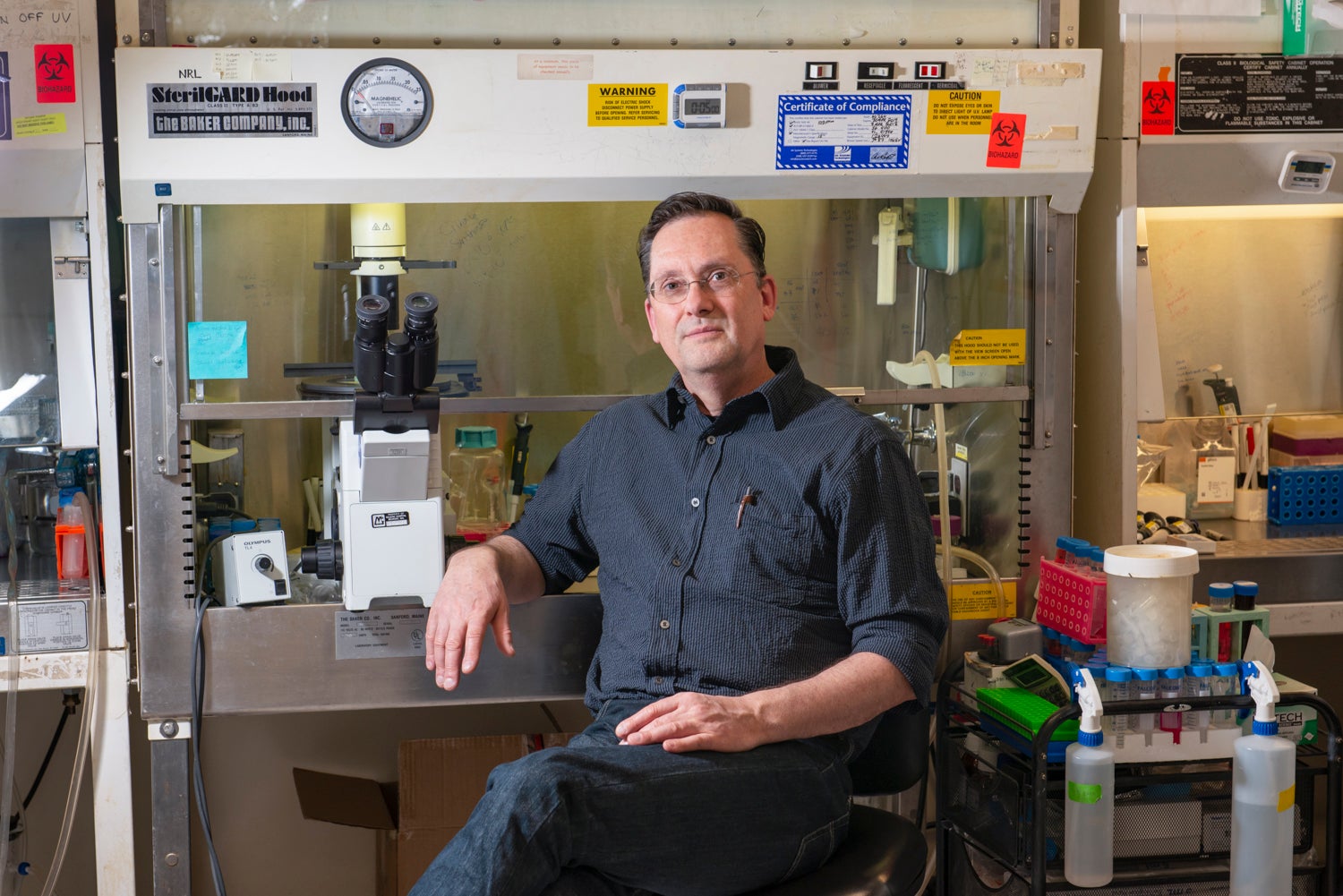Assistant Professor of Psychiatry , Harvard Medical School

Dr. Sonntag’s scientific interest is to understand the molecular and cellular mechanisms of the aging brain and neurodegenerative disorders. His research is based on the concept that normal brain aging and the pathogeneses of sporadic neurological diseases are not a result of single/‘disease-specific’ factors alone, rather they are driven by holistic events that include one’s own individual genetic and epigenetic condition, progression of aging, and lifestyle – while normal cell function is a consequence of homeostatic balances between (neuro)protective and toxic factors, their progressive dysfunction and deregulation cause malfunction leading to abnormal aging or disease development. The Sonntag lab studies this concept on Alzheimer’s disease (AD) as a consequence of bioenergetic dysfunction in brain cells during the aging process. The lab uses a translational research approach that integrates the analysis of human material, such as postmortem brains, primary cell systems, and neural cell populations generated from patients’- or healthy individuals’-derived induced pluripotent stem cells (iPSC), or induced neurons (iNs), in combination with molecular, biochemistry, and gene-engineering technologies. The goal of the research program is to develop a “personalized” model system of brain cell aging that would allow for screening one’s own metabolic profile early in life, i.e., at the beginning of the aging process, to identify potential risk factors that may negatively influence the aging process and, thus, may predict the development of brain dysfunction, later in life, and could be used to test substances or strategies to prevent the development of abnormal aging or age-associated neurodegenerative diseases, such as AD.
